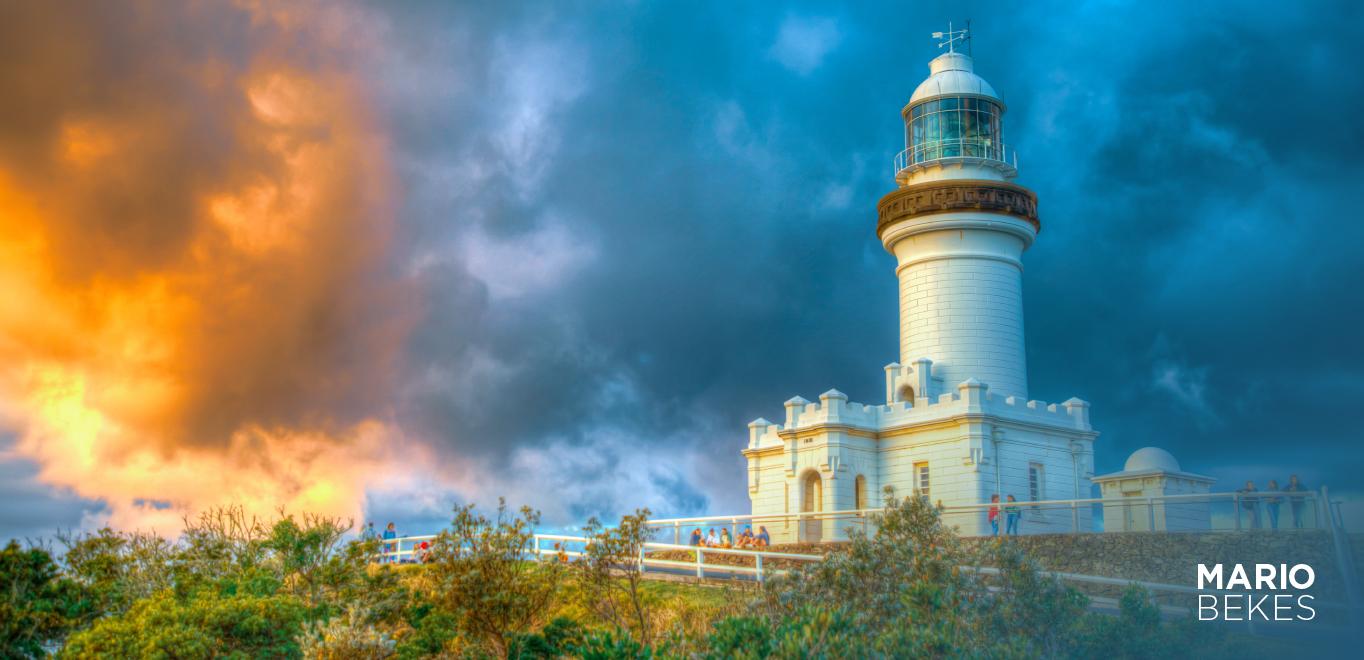Record Your Own High Quality Podcast

“While visiting a tourist spot in Australia, I found its absence of fast-food outlets to be a blessing in disguise, fostering support for local growers and farmers, promoting organic and non-GMO products, proliferating coffee shops, and ultimately resulting in a contented community.”
In today’s fast-paced world of products, information, goods, and services, we often forget to enjoy life and are constantly bombarded with news where journalists explain to us in a nice professional way what dangers await us from the moment we wake up, what food will give us heart attacks, how to talk to our own children, and never-ending cheap promotional conversation with not-so-great professionals who explain how we can save money after telling us to invest money.
We all forget, you, me, and everyone else. We are bombarded with advertising, inspiring and motivational experts who define gravitational rules by telling us when to push, pull, and why not to give up, and we all comply.
I had the opportunity to break free from that vicious spiral a long time ago by applying my own life and working experience from military and diplomacy to my everyday job, life, and behaviour, which led to my decision to do something daring.
I was told that my meeting would be held in Byron Bay, Australia’s most easterly point, which is still in my state of NSW but only a few kilometres away in the state of QLD, and that Byron Bay is better renowned for holding A-list Hollywood celebrities during lockdowns and one-hundred-year events.
Regardless of celebrities or pandemics, I opted to drive from Sydney to Byron Bay and I must say that I have no regrets. It is a long drive with more than 80% non-mobile signal coverage and very few gas stations on the highway, and to my astonishment, what happens if your car breaks down at night and you have no mobile phone service?!
Arrival in Byron Bay was truly spectacular; entry to the city is via Maim Highway, and I immediately noticed how clean, well-attended, new hospital, and emergency vehicles are, which immediately for someone like me who worked in military security intelligence apparatus is a sign of a well-developed community with well-managed monetary funds.
I observed a few things after the second day of my visit and time spent in the neighbourhood.
The community as a whole is young and lively, with no desire to rush, no stress, and they are all pleasant and smiley, which I haven’t seen in Sydney before 2020, and I was thinking why people here are more different in their demeanour than in Sydney.
The conclusion is simple: people are enjoying life in community, rather than paying too much attention to news articles, news on TV, and journalists jumping out every half hour with “alert” – “emergency” – “exclusive” news about dying, death, catastrophism, and so on.
That politeness in people drew my mind into more questioning and research, and then happened market – first Sunday of the month and people flocked from everywhere and everybody is buying, spending money like for real and most of sellers are local ones, not corporate brands, and then I ran into some “fathers” of Byron Bay and I asked how come so many people buying from local producers not from shops, why your coffee shops are full, why this why
In all honesty, I didn’t want to play the role of veteran intelligence operator but curious Sydney me.
And all is addressed and invoked in a single sentence: we love our community, community has to be kept, community needs to be supported, and community gives back, thus coffee shops use local produce, food, dairy, and labour.
And then I discovered that Mario, we don’t have fast food restaurants, and despite celebrities complaining to the Los Angeles Times* during the lockdown, we don’t allow McDonald’s here.
The conclusion is simple: with fast food comes fast moving news, and a community that cares about itself will do everything possible to protect life, behaviour, and changes that will disturb way of life and happiness.
Congratulations, Byron Bay, for showing me how to live a happier, less stressful, and healthier life.
© Mario Bekes. All rights reserved. | ABN 62 757 932 640 | Suite 6, 11 - 13 Brookhollow Avenue Bella Vista NSW 2153